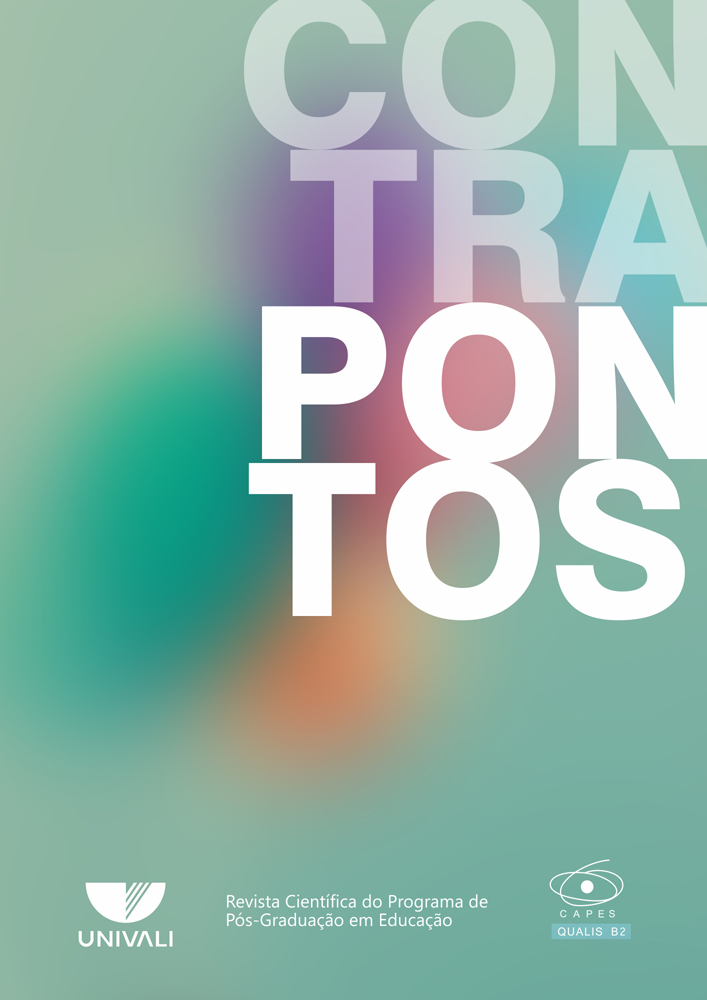
This work analyzes some educational practices anchored in the teaching competences demanded by today’s age of digital ubiquity, in the scope of a training course for teacher-artists of dance, at a Brazilian public university in the state of Paraná. Its empirical research object consists of an evaluation project carried out for the discipline “Dance Criticism”, which is part of the course curriculum. This study applies a qualitative research methodology that includes a bibliographic review associated with an exploratory type of case study. The theoretical framework used for this study is a combination of Vigotski’s sociocultural theory, Siemens’ connectivist learning theory, Pérez Gomes and Dede’s educational assumptions for/in the digital age, and Santaella’s notion of ubiquitous learning. Through this study, the beginnings of new corporealities were observed, that have emerged in contexts of digital (dis)articulation, having as a discursive parameter video dances created by students using their smartphones. As a result, in addition to the creation of video dance, it was also found that ubiquitous technological mediations are changing the ways we relate to the body arts which, in turn, amplify the language of dance, through its dissemination on multiple digital screens.





